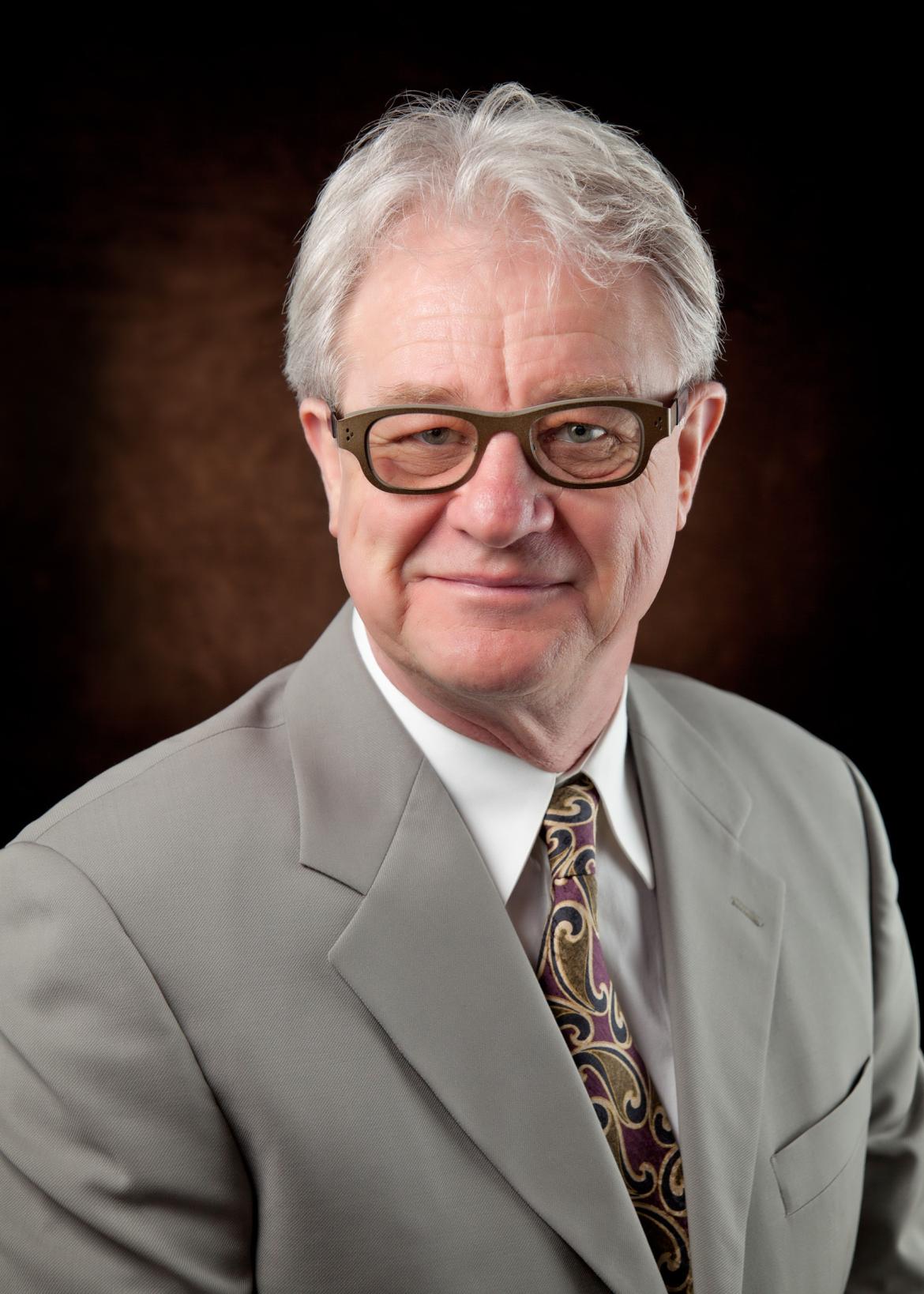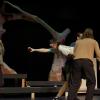
June 2, 2011 - 4:00am
Dr. Marshall Soules is known as a professor who inspires students to stretch their imaginations and expand their thinking skills.
Soules spent over two decades sharing his gifts as an educator with generations of students at Vancouver Island University, and now his contribution will be formally recognized when he receives an Outstanding Service Award at the convocation ceremony June 7.
Whether it was hiking the Carmannah Valley with colleagues, inspiring students or creating VIU’s Digital Media Studies program, Soules has many happy memories working at VIU in a career that spanned 22 years.
“I am incredibly honoured and humbled to be receiving this award,” says Soules. “Fortunately I had many great years at VIU and worked with some outstanding people.”
One of his proudest achievements was creating the Media Studies department in the mid-1990s and the subsequent approval of a Bachelor of Arts, Major in Digital Media Studies in 2008.
“It was challenging to work through all the levels of approval over the years and required a lot of collaboration and networking,” says Soules, “but it was all worth it to see students really excited about their learning. I have so many people to thank for helping me with this, beginning with my colleague and Dean, Steve Lane.”
Soules recalls a particularly funny technological moment when he and colleague Liz Hammond-Kaarremaa team-taught one of the first video-conference distance learning courses in BC.
“The technology in the mid-1990s was complicated. We used two phone lines for audio and video and it was temperamental,” recalls Soules. “We would lecture to the Nanaimo students in the old television studio in the bowels of the library, and the live recording would be sent to a classroom in Powell River. A number of times, the video signal dropped out, leaving only a frozen face caught in mid-word on the Powell River television, but with the audio still coming through. Picture it: frozen instructor's face on the television, endless lecture streaming through about emerging digital technologies - a classic case of cognitive dissonance.
“This was one of many 'experiments' in my career at VIU, not all of them successful. But that's one of the things I love most about VIU - its willingness to support projects outside the box.”
As a teacher, Soules often asked students to describe their ideal job, even if it seemed beyond their reach. “So often, as they were describing this ideal position, their eyes would light up as they realized that what they were describing was well within their ability to realize,” he says. “Many students come to university to discover what they really want to do, and this is a good approach for some people.
“The students who seem to get the most out of their education, however, are the ones who know why they're doing it and want to make the most of it. My advice: go to university when you're ready and motivated. Education is an investment, and too expensive these days to waste. Take your time if need be. Make friends and learn with them. Go for your dream, knowing that it will take some sacrifices that are worth the risk.”
Soules pursued his own dream after high school graduation in 1967 from Ridley College in Ontario. He studied English literature and played varsity hockey at Middlebury College in Vermont. He and his partner Donna adjusted to life as students in the U.S. while raising a young daughter. After Middlebury, they moved to New Jersey, where Soules continued his studies in English literature and worked as a teaching assistant at Rutgers University.
Back in Canada, Soules taught at Guelph University, Niagara College, then Capilano College in North Vancouver. A desire to experience life outside the academy spurred his decision to create Raincoast Construction with a partner in 1978 and work as a custom builder until 1986.
Soules accepted a position in the English Department at Malaspina College in 1987. While teaching at VIU, Soules completed his Ph.D. at Rutgers on the theme of improvisation in the arts. After that, he developed a curriculum in Media Studies, offering courses from a base in the English Department, and eventually establishing the new department in 1998, with a Bachelor of Arts Minor in Media Studies in 2004, and BA Major in Digital Media Studies in 2008. “It’s an innovative blended degree that offers students a balance between media critique and media production skills,” says Soules.
Soules is often described as a true renaissance man. In addition to his academic publications and public presentations, his art and photography have appeared on display and in publications across Canada and the U.S. His music and writings about music are widely respected by jazz theorists and musicians.
In addition to chairing the Media Studies Department for 10 years, Soules served as director of the Media Research Lab, where he and research assistants supported faculty work in the digital humanities, produced conferences on filmmaking, art exhibits, and workshops at the University of Victoria.
In 2007, Soules received a Social Sciences and Humanities Research Council grant for the Canada-Cuba Image Dialogue project, which he continues to develop with colleagues in Cuba.
Soules retired from VIU in 2009 after 22 years of service. He is currently writing a book for Edinburgh University Press called Media, Persuasion, and Propaganda, working on photography projects, doing community development work in Ladysmith, and enjoying time with his wife, daughter and granddaughter.
Soules says the best part about his “career change” is the ability to work on writing and photography projects with more focus. “It's a chance to explore new enthusiasms, with fewer time pressures, and more opportunity for spontaneous diversion,” he says. “And I don't have to look for parking every morning!”
Tags: In the Community






